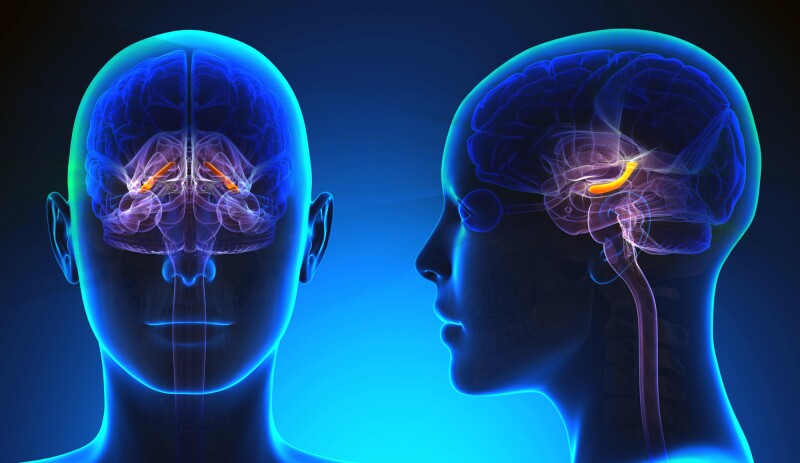Junk Food Harms Developing Brains, Affecting Long-Term Memory

New research reveals that consuming a high-fat, high-sugar Western diet during critical brain development years can lead to long-term memory impairment. This impairment is linked to a decrease in a neurotransmitter associated with Alzheimer’s disease and isn’t reversed by adopting a healthy diet in early adulthood.
The Western diet, characterized by high intake of processed foods, saturated fats, and sugars, causes health issues such as overeating, obesity, and metabolic disorders. What impact does this diet have on a developing brain’s function?
The Adolescent Brain
During adolescence, the brain is still maturing and experiences significant changes between ages 10 and 24, influenced by factors like genetics, hormones, sleep, and diet. Prior research has associated a Western diet with cognitive dysfunction.
A study by researchers at the University of Southern California (USC) explored the detrimental effects of a high-fat, sugary diet on adolescent brains and memory using juvenile and adolescent rats.
Scott Kanoski, a professor of biological sciences at USC and the study’s lead author, remarked, “Our findings suggest that rats raised on a junk food diet exhibit enduring memory impairments that persist into adulthood, even when transitioned to a healthy diet.”
Impact of Western Diet on Juvenile and Adolescent Rat Development
Rats were provided either a junk food ‘cafeteria-style’ diet, resembling a Western diet, or standard chow. Those on the Western diet had access to foods like high-fat, high-sugar chow, potato chips, chocolate-covered peanut butter cups, and sugary drinks from postnatal day 26 to day 56, covering their juvenile and adolescent stages.
On day 56, rats switched from a Western to a healthy diet underwent tests to evaluate their episodic memory, relying on the hippocampus to recall specific events, such as a seventh birthday party.

Depositphotos
The memory assessment allowed rats to explore new objects placed in various locations. After a few days, the rats encountered a similar setup with one new object added. The Western diet led to persistent impairments in episodic memory, even after switching to a healthy diet.
Unlike rats on the control diet, which displayed familiarity with the setting, those on the Western diet struggled to remember which object they had previously seen and its location.
The Western diet did not notably affect memory tests targeting brain regions other than the hippocampus.
Assessing the Impact of Western Diet on Acetylcholine Levels and Memory Function in Rats
The study examined how a Western diet affects the neurotransmitter acetylcholine, vital for memory and learning. Researchers measured lower acetylcholine levels, commonly found in Alzheimer’s disease patients, in both rat groups during memory tests and post-mortem studies.
Lead author Anna Hayes stated, “Acetylcholine signaling, essential for encoding and recalling events, appears impaired in rats on a fatty, sugary diet.”
While the Western diet initially altered the gut microbiome, returning to a healthy diet restored its balance. However, memory issues persisted, suggesting acetylcholine, not the microbiome, caused these impairments.
Notably, these memory problems were independent of changes in body weight and metabolism, indicating diet’s lasting impact on brain function regardless of obesity.
Switching diets didn’t reverse memory deficits, but drugs mimicking acetylcholine did. Injecting these drugs into the hippocampus boosted memory in Western diet-fed rats.
The findings underscore the risks of a Western diet for young people, especially adolescents with developing brains.
Kanoski noted, “It’s tough to discuss this without raising concerns, but certain brain effects may be harder to reverse when they occur in childhood.”
Further studies are required to explore potential ways to reverse memory issues caused by a Western diet during adolescence.
- In Greek mythology, Cassandra was the daughter of the king and queen of Troy. The god Apollo, smitten by her beauty, granted her the gift of prophecy. When she spurned his advances, he cursed her, making her prophecies, often dire warnings like cautioning the Trojans against the wooden horse, go unheard and unheeded.
Read the original article on: New Atlas
Read more: Eating Highly Processed Foods Linked to Increased Cancer Risk










